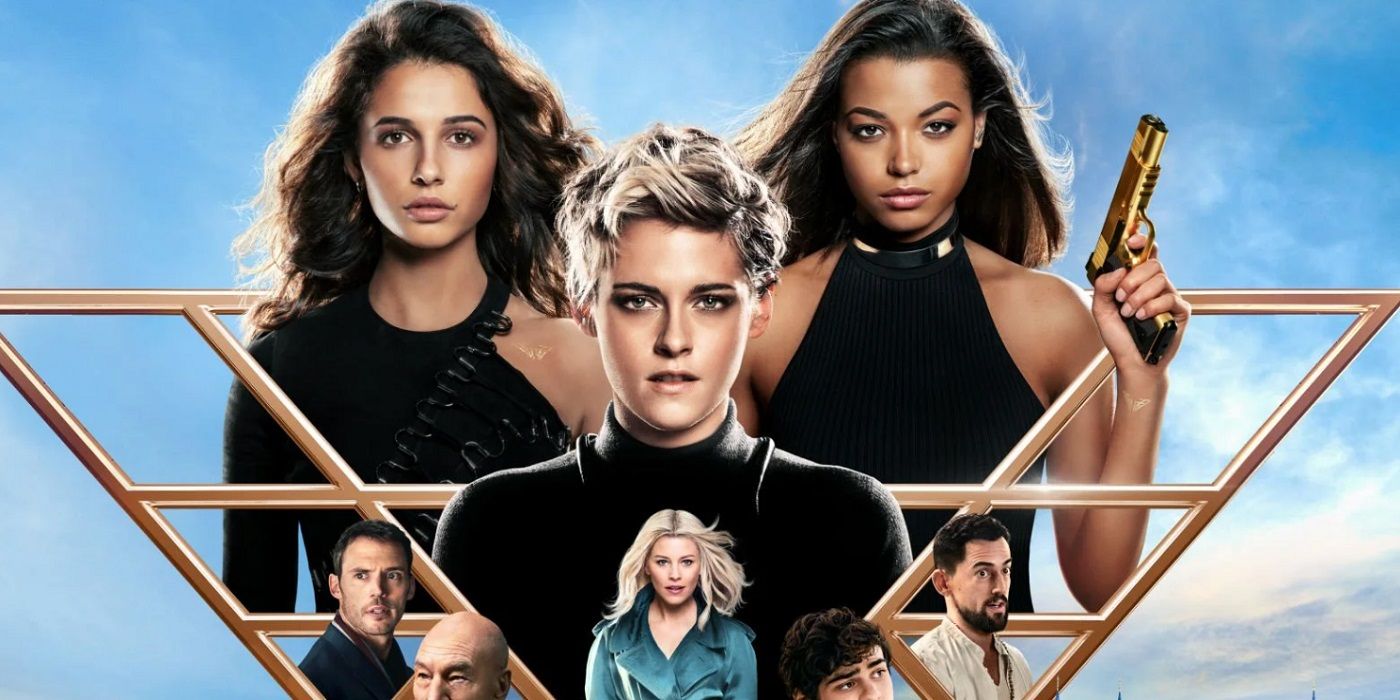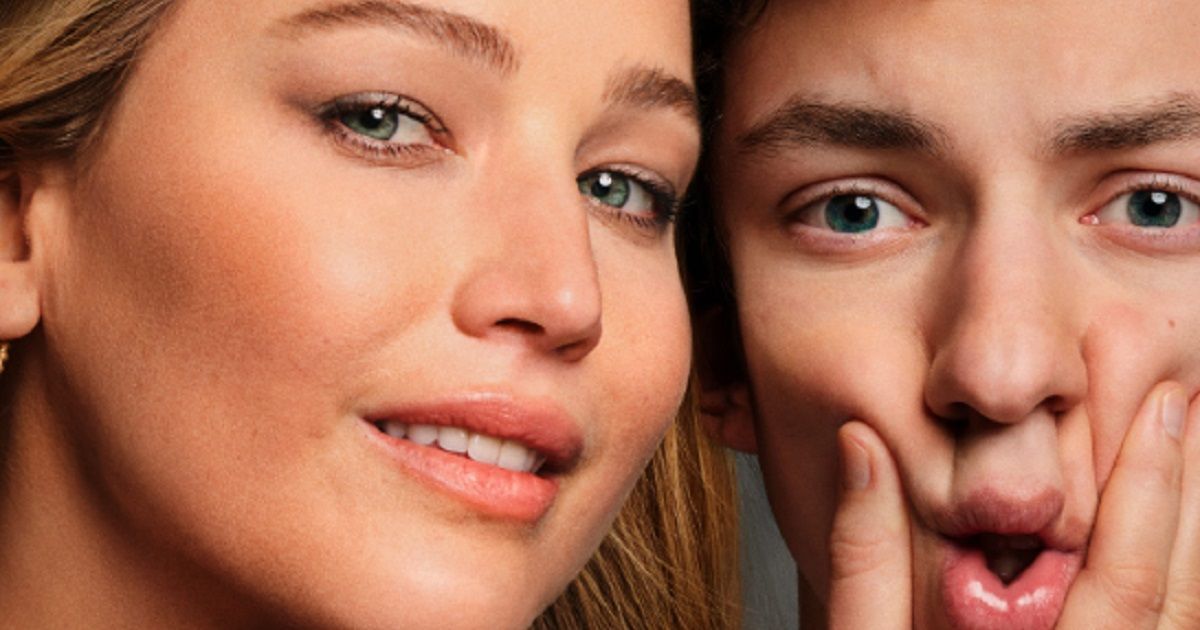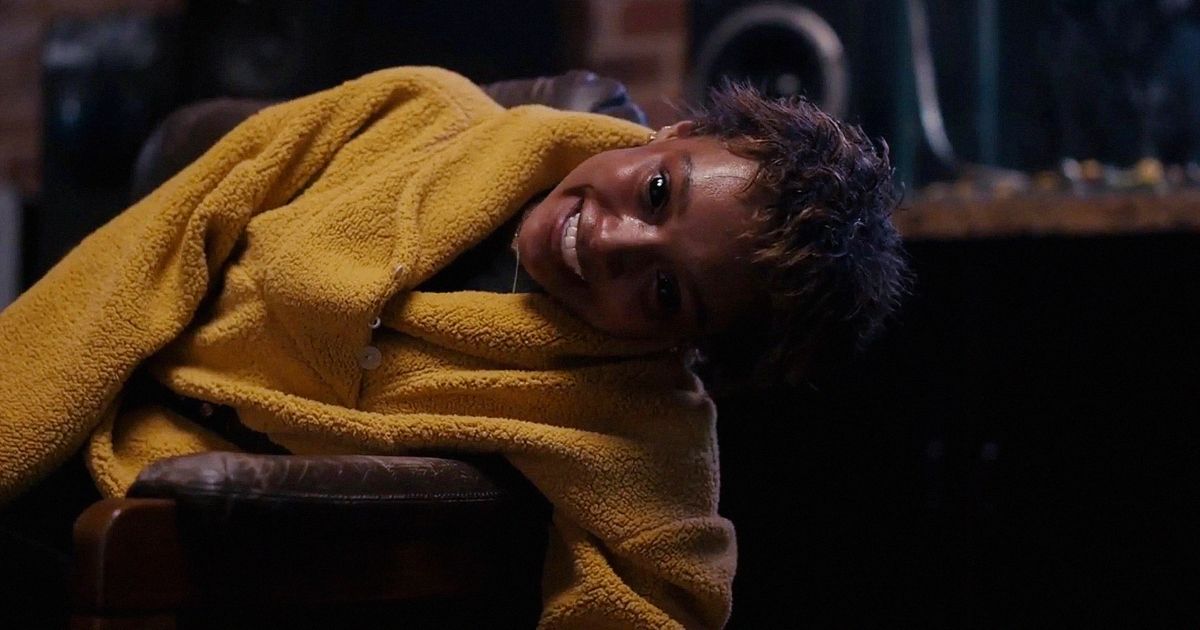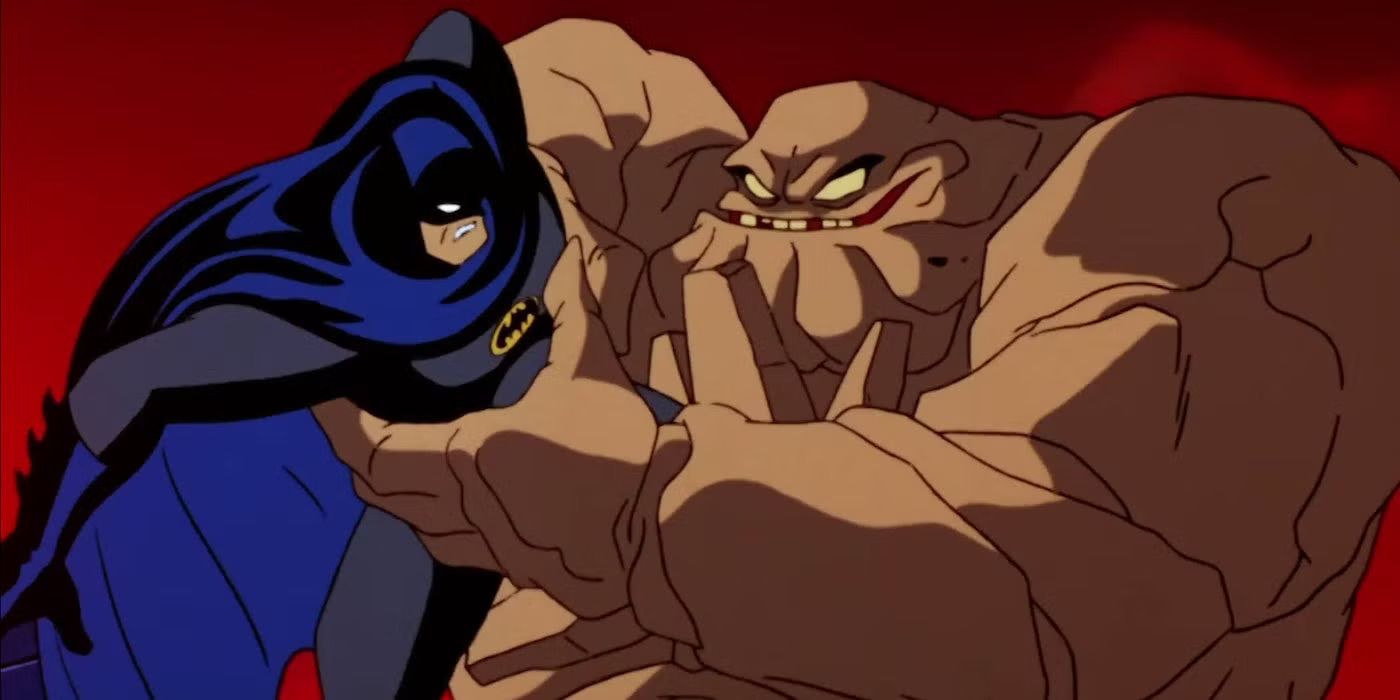Lisa Kudrow leads an ensemble that would undoubtedly be more fun to see in a stage reading than this more literal presentation. She plays a poodle named Honey who leads group sessions for the pets in the neighborhood, as they gather in Honey’s owner’s living room and sit around, giving the series a chance for lots of cross-talk and banter. One of the bigger problems of “HouseBroken,” aside from it lacking in surprising comedy, is that it can be annoying with how high-energy it is, with the pet friends whiffing one joke after the next. And then at the same time, the storylines are also not weird enough to really break out of the general premise’s bubble, even if there are sporadic dream sequences (like when Honey dreams of being a mermaid-dog) or random flashbacks. The plotting is based around lightly amusing parts of these different pets (like one pig’s ego about being George Clooney’s prized pig), and even the emotional connection becomes a non-factor.
The casting of “HouseBroken” might sound funny on the outside: co-creator Clea DuVall voices a Corgi that’s the closest the series has to a social justice warrior; Nat Faxon plays a dopey St. Bernard name Chief; Tony Hale is a skittish terrier named Diablo whose owners are divorcing; Jason Mantzoukas is a grimy cat named Lyle; Bresha Webb voices a violent hamster named Nibbles; Sharon Hogan puts her comedic talents to a posh cat named Tabitha; Greta Lee voices a fish named Bubbles who isn’t a part of the group, but like she says among the four episodes provided for critics, she can’t move her bowl. They all try to give spirit to something that smells more and more like a voice-acting paycheck to earn during a pandemic. It almost becomes even more frustrating to recognize the talents, or see them in the IMDb page (Sharon Hogan! Who knew!), and see how they’re held back by such lukewarm comedy. “HouseBroken” doesn’t even go for the full weirdness in the question of “Hey, what if Jason Mantzoukas was a horny cat?”
What’s so dispiriting about the show is how expected it is, and that it doesn’t raise a bar that’s purposefully starts low. Maybe in trying to be more “realistic” than a talking pet tome like “Cats and Dogs: The Revenge of Kitty Galore,” it mostly focuses on their domestic problems and rarely spices them up with truly bizarre backgrounds, actions, or imaginations. And as they sit around group, it’s just about their inner pet crises, usually involving tired jokes about being horny, or lonely, or accidentally pooping on the floor. The jokes tend to be grounded and predictable, especially when it leads to how big dog Chief is gross and dumb, or how sassy Tabitha is because she’s a white fluffy cat with an Eastern European accent. But they remain pets, their stories being more about pet behavior than something relatable, and it all becomes mighty cheesy. “HouseBroken” made me miss the incredibly human fears and feelings of the talking food in the grossly underrated adult animation movie “Sausage Party.” It also made me sad for the countless more spirited pilots that are homeless because something like “HouseBroken” is taking up space.
You can view the original article HERE.





























